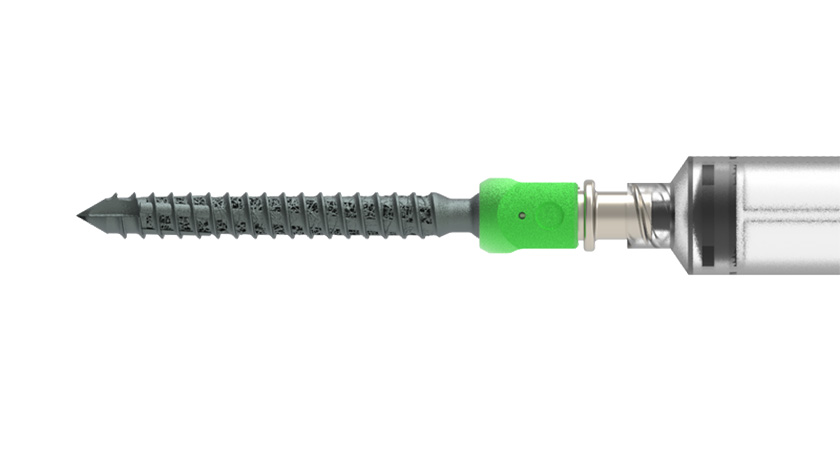Invibio, the first company to sell implant-grade polyetheretherketone or PEEK, agreed to settle Federal Trade Commission (FTC) charges that it violated antitrust law by using exclusive contracts to maintain a market monopoly.
The FTC’s complaint alleges that two other companies, Solvay Specialty Polymers and Evonik, entered the implant-grade PEEK market after Invibio, but Invibio’s anti-competitive tactics impeded them from effectively competing for customers. As a result, the FTC says, Invibio has managed to retain approximately 90 percent of PEEK sales worldwide. Invibio recorded £50.5MM ($74.31MM) in 2015 sales.
According to the FTC, Invibio adopted an all-or-nothing negotiation strategy for its supply contracts that required medical device makers to agree to use only Invibio PEEK for all or nearly all of their PEEK-containing implantable devices. Through these exclusive contracting practices, the complaint alleges, Invibio has been able to maintain high prices for PEEK, despite market entry from Solvay and Evonik.
“We strenuously refute the allegations made in the complaint document,” says Andrew Hanson, Head of Investor Relations & Communications for Victrex, Invibio’s parent company. “We have not violated any law.”
Hanson also points out that no penalties or fines were levied toward the company. He says the company does not expect the FTC consent decree to have a material impact on business.
While Hanson could not provide specific numbers, he says the “vast majority of the [company’s] U.S.” contracts were “not fully exclusive.” He added that Invibio’s contract lengths were mixed, with some being long-term and others varying in length.
With this settlement, Invibio will be barred from using exclusive contracts and will have to allow some customers to modify existing contracts. Exceptions for certain important circumstances, including where Invibio is working with its customers on custom components and when jointly developing new applications, will be allowed, according to an Invibio release. Invibio is also required to establish an antitrust compliance program for their employees and officers.
“A decision to enter into the consent decree and end the investigation quickly and without admitting to any violations of any law, was taken to ensure that management time, resources and focus remains on product and market innovation, maximizing customer relationships and minimizing business disruption,” Hanson says.
PEEK remains a dominant material in the spinal interbody space and is used to a lesser extent in trauma and joint replacement devices. The first spinal implant device utilizing Solvay PEEK was cleared by FDA in 2010. The first Evonik PEEK spinal implant was cleared in 2013. Solvay and Evonik have publicly said the ruling will aid the development of their PEEK businesses.
“We are experiencing a favorable growth trend and the FTC ruling could accelerate our development in the region,” says Caroline Jacobs, Head of Media Relations, Solvay. The company is building a new PEEK plant in Augusta, Georgia, which is expected to be operational by end of 4Q16. It will be the first PEEK plant in the United States.
Matthias Kottenhahn, Ph.D, Senior Vice President and General Manager of Evonik’s High Performance Polymers product lines says, “This is the right step in creating a fair and even playing field with regard to PEEK in the medical industry.”




